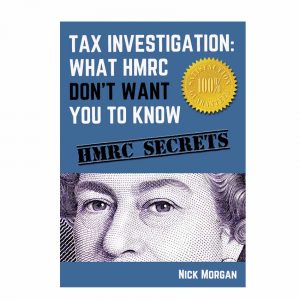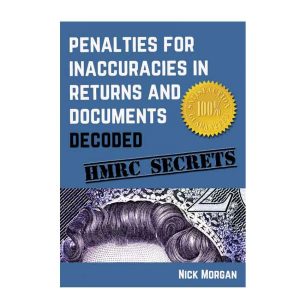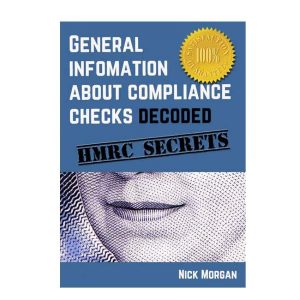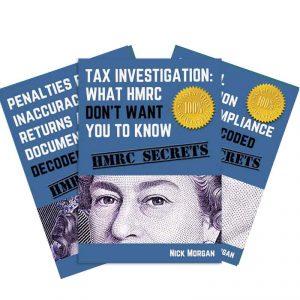Should I Go To A Tax Tribunal?
Should I go to a tax tribunal? The short answer is: yes, but only if you have a good case.
HMRC wins three out of four cases that go to Tribunal – so it looks like a dangerous thing to do – but dig deep behind these initial bleak fingers and you’ll find a more positive message.
Examples of a solid case would be where HMRC are clearly wrong on a point of law but they don’t want to concede. So cases where HMRC got your tax code wrong – you repeatedly told them the right code but they did not act on that information. Boom. Or, HMRC have said that you are self-employed when you are not and never have been. Or HMRC have been investigating you for a year, they’ve found nothing but they refuse to close the case.
You don’t have to go to a Tribunal to review your whole case, it can just be a single point of law.
In short, if you are being investigated for tax, Tribunals can be a very good thing.
So why the bad figures? If HMRC are winning three out of four cases isn’t it a risky (and expensive) thing to do?
Last year accountingWEB ran a story with the title, “One in four chance of beating HMRC at tribunal”
This is what they said, “Taxpayers have a one in four chance of successfully appealing an HMRC decision at tribunal, according to government figures. In the tax year 2013-2014 HMRC received 7,081 appeals, of which 6,626 were settled. Of the remaining 455 appeals, only 113 were successful.”
The article goes on….
Glyn Edwards, a VAT expert at Wolters Kluwer, said accountants should warn clients of the difficulty in appealing a Revenue decision. “If you have a client that disagrees with an HMRC decision you need to make them aware of how difficult it is to win a case at tribunal,” Edwards said. “As the statistics show, only a few hundred appeals get to tribunal and those that do are more likely to be won by HMRC than the taxpayer”.
So why do the figures look so bleak?
- Firstly, HMRC won’t go to a Tribunal unless they feel they have a good chance of winning – but they don’t want to show that they fear the Tribunal either. So there is a bit of chest beating from HMRC and a date is set, but when push comes to shove 24 hours before the case goes to the Tribunal they HMRC drop it. This dramatically skews the figures because the cases where HMRC feels vulnerable never actually go to the Tribunal.
- Secondly, many cases that go before the Tribunal are simply hopeless. Tribunal Member Charles Underwood says, “You cannot draw any sensible conclusion from the HMRC figures. Quite a lot of utterly hopeless appeals by unrepresented taxpayers come to hearing. ‘Yes, I was late but I am usually on time, so please let me off’. My experience is that the taxpayer wins the majority of cases that are not utterly hopeless.”
The take-away information here is that if you get your case to a Tribunal you will get a fair hearing. If you have a sound argument and the law is on your side there is a good chance you will win – don’t be put off by the low success figures.
What you may well find is that – if you have a strong case – just the threat of a Tribunal will be enough for HMRC to reconsider their position. Bullies don’t like to get pulled up before the headmaster.
HMRC say: “[We] would much prefer to settle disputes by agreement without the need to go to tribunal, but we will settle only for the correct amount of tax due according to the law. We do offer a neutral and informal method for settling disputes under our very successful alternative dispute resolution process.”
More on the tax Tribunal here: https://www.gov.uk/tax-tribunal/overview. How to appelal here: https://www.gov.uk/tax-tribunal/appeal-to-tribunal.








